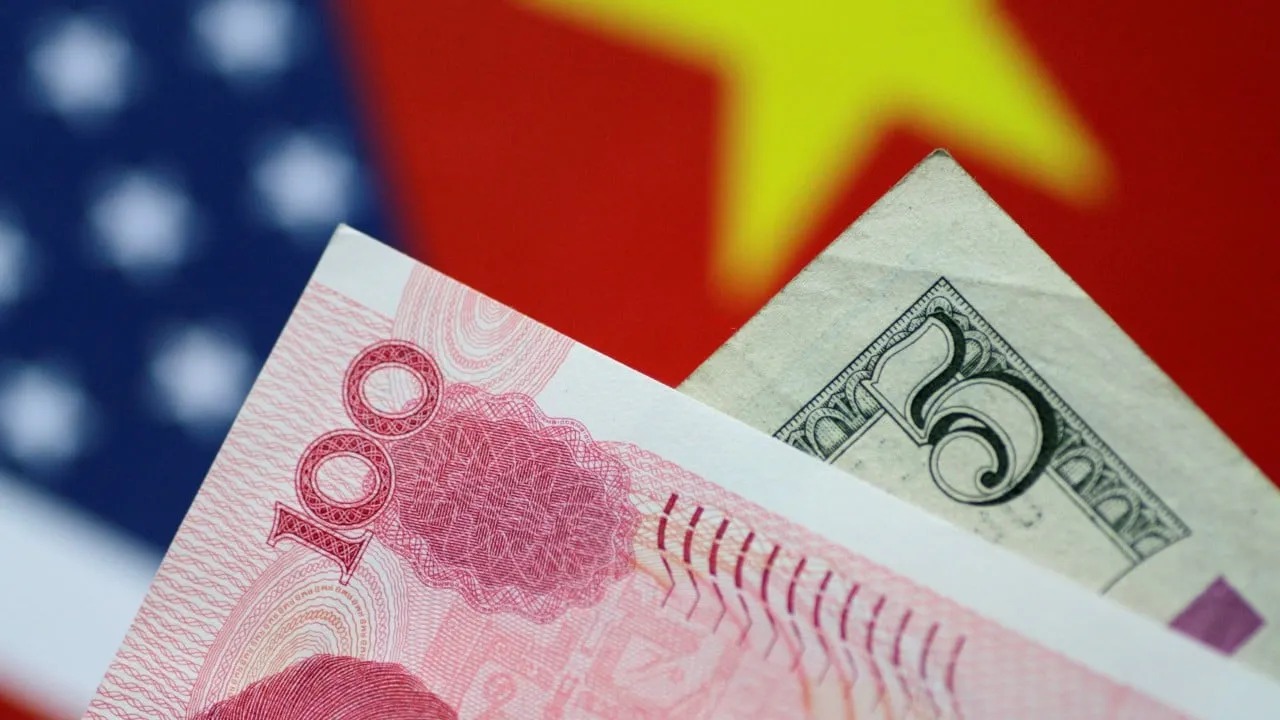China's Economic Recovery Struggles as Yuan Weakens Against US Dollar

China Economy in a Corrective Phase
China's economy is currently grappling with a corrective phase as both the onshore and offshore yuan have weakened significantly against the US dollar. On Tuesday, the offshore yuan fell to 7.3148 per dollar, dipping below the crucial 7.3 mark. Meanwhile, the onshore yuan reached 7.2975 per dollar, marking its lowest level since last November.
Impact of Trade Disputes and Exchange Rates
- The People's Bank of China established a midpoint rate of 7.1996 per dollar, indicating a 15-month low.
- Everbright Securities highlighted that the depreciating yuan mirrors a confluence of factors including a strong US dollar, mounting capital outflows, and tariff expectations.
- Post-election sentiments surrounding Trump’s tariffs are amplifying concerns in the foreign exchange market.
Stimulus Measures and Their Effects
Despite earlier improvements following stimulus initiatives introduced by Beijing, the yuan has been in decline since Trump’s re-election. Analysts speculate that the continual depreciation is not primarily driven by a policy choice of devaluation aimed at boosting exports.
The central bank's measures, such as increasing the countercyclical factor in setting daily midpoints and the issuance of offshore bills, aim to mitigate shorting activities against the yuan, thereby demonstrating efforts to maintain currency stability.
Looking Ahead: Risk and Policy Responses
- With the threat of aggressive tariffs looming over China’s trade relationship with the US, the economic landscape appears precarious.
- As policymakers prepare for upcoming central economic work conferences, the focus on domestic policy takes precedence over external influences.
In conclusion, while immediate actions may not reverse current trends, understanding the impact of these trade disputes is crucial for future economic decision-making.
This article was prepared using information from open sources in accordance with the principles of Ethical Policy. The editorial team is not responsible for absolute accuracy, as it relies on data from the sources referenced.